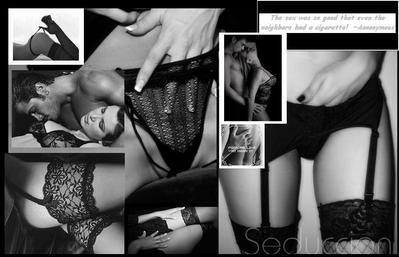
Home to some of the most spectacular and varied scenery in the world, Peru is also now famous for Aguaclara Swimwear. Aguaclara, which means Clear Water in Spanish, was formed by a brother and sister team, Jorge and Liliana Villalobos, in 1998. Liliana is the head designer while Jorge is the Director of Manufacturing. Growing up in Peru, Liliana was influenced by the riches of the Amazon, the Andes and the ocean. Her love of Peru is reflected on her choices in animal fur styles, accessories made of natural tree stems and shells, and the so very sensual and provocative spider web-like knitting. Aguaclara was introduced in the United States in 2003 and has been a huge hit ever since. The 2008 Collection is inspired by everything that glows. All the sensual styles, from the crystals, paillettes and beads, are representative of nature. Different textures, such as soft leather microfiber, satin and Lycra-tulle, feel like a second skin to the touch. They have also continued with the provocative yet elegant one piece suits that were so popular last year and issued in several magazines, including the cover of Ocean Drive and Apparel Magazine.













